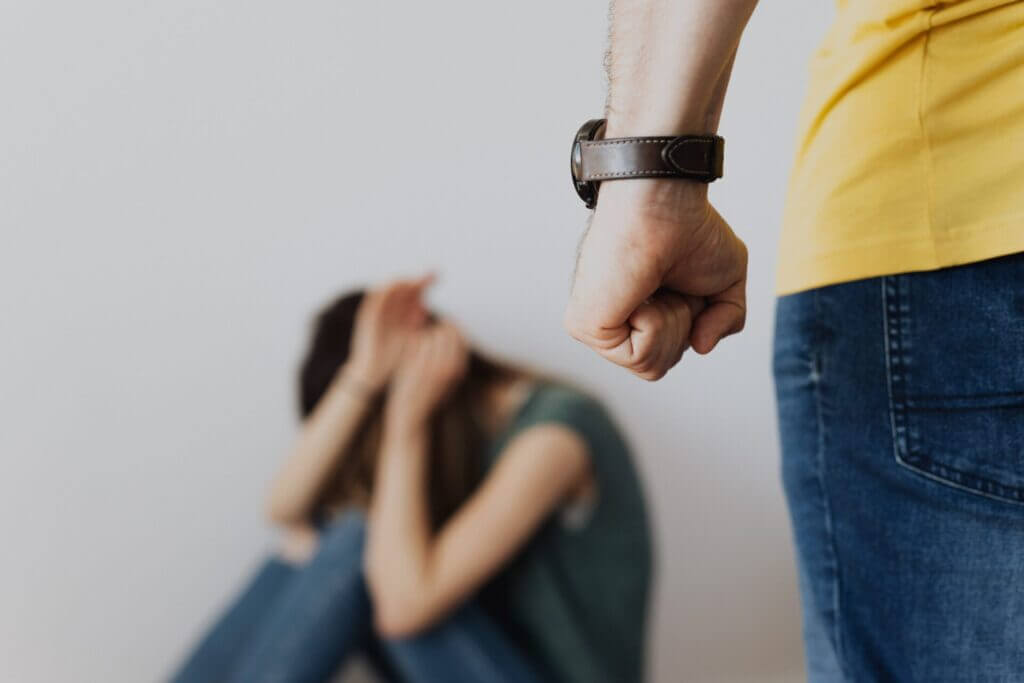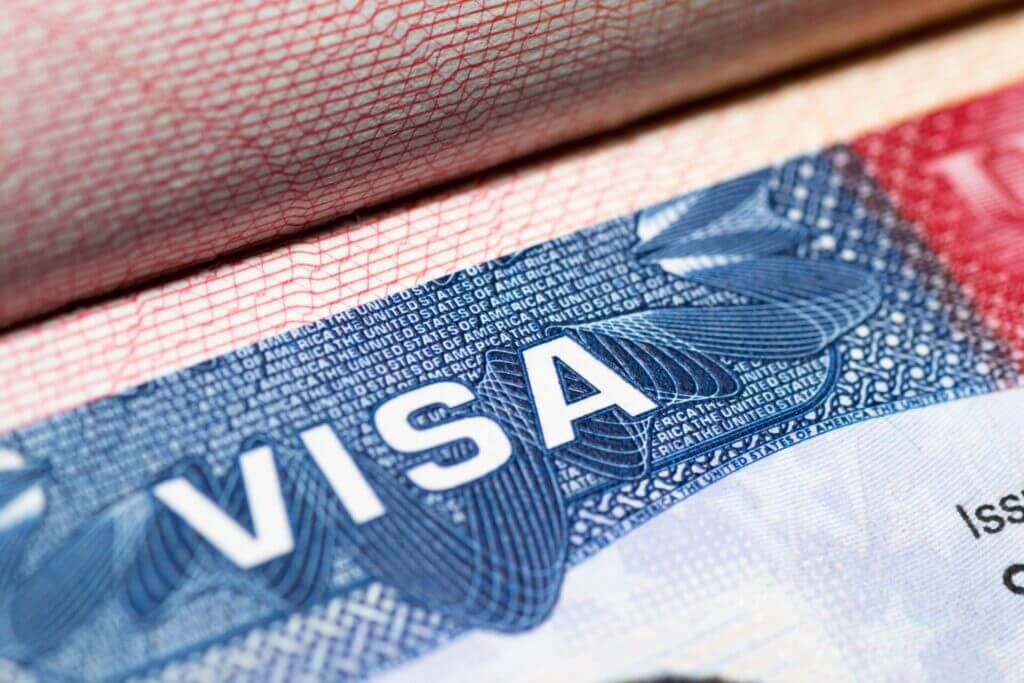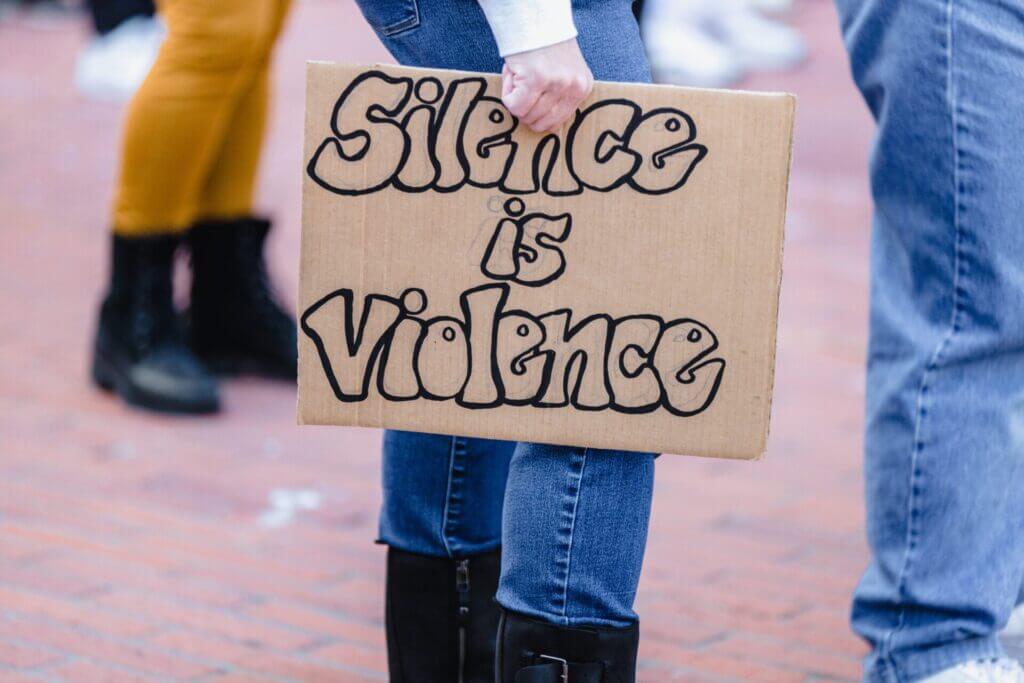Unfortunately, many of the migrants who arrive in the United States each year are fleeing from situations of violence. Whether it’s due to abuse linked to domestic violence, or having been victims of certain types of crimes, many people seek a better life in the United States.
In this regard, there are some types of visas specially designed to protect the victims of this type of crime, among which the VAWA and T Visa stand out. Both types of visas offer certain immigration benefits that seek not only to provide legal status for their beneficiaries, but also to protect them from their victimizers.
Now, what exactly are VAWA and T Visa? What is the best option for victims of domestic violence? What is the difference between these types of visas? Today, at Jaskot Law, we will address these questions so that you can choose the visa that best suits your situation and needs.
What are VAWA and T Visa?
Let’s start by stating what exactly VAWA, and U Visa are, respectively. The Violence Against Women Act (VAWA) is a U.S. law enacted in 1994 which addresses gender-based violence, and protects victims of domestic violence, sexual assault, and stalking.
A VAWA Visa, therefore, refers to the U Visa under VAWA law. This is a type of nonimmigrant visa available to victims of domestic violence crimes who have suffered physical or mental abuse, and have cooperated with authorities in the investigation or prosecution of those crimes.

On the other hand, the T Visa is a type of nonimmigrant visa created to assist victims of human trafficking in the United States. Not only does it allow victims to cooperate with authorities in the investigation and prosecution of trafficking-related crimes, but it also grants them the opportunity to get temporary residency in the United States, and access to social and rehabilitative services.
It is worth remembering that both resources (VAWA and T Visa) are intended to protect and support victims of gender-based violence and human trafficking in the United States. This is extremely important, since both types of visas are only available to those who have been victims of these specific types of crimes.
If you have been the victim of a crime, and you have doubts about which type of visa is best suited to your case, at Jaskot Law, we can advise you on the matter. Our attorneys understand what you are going through, and are available to provide you with the legal services you need. Contact us at +1 (410) 235-6868, or via email by using [email protected].
What is the difference between VAWA and T Visa?
Now, let’s proceed to analyze the differences between the VAWA and T Visa. The main difference between these two types of visas lies in the type of crime with which they are associated, and the requirements necessary to obtain each of them.
The VAWA Visa, or U Visa under the Violence Against Women Act, is intended for victims of domestic violence, sexual assault, stalking, and other similar crimes. In order to apply for this visa, the victim must have suffered serious physical or mental abuse, and they have to cooperate with authorities in the investigation or prosecution of the crimes.

It should also be noted that VAWA offers a number of advantages, which will be indicated in detail below, including the possibility of permanent residency in the United States under certain circumstances, and protection against deportation.
On the other hand, unlike VAWA, the T Visa is available only to those immigrants who have been victims of human trafficking and who are in the United States because of these crimes.
However, despite these differences, both VAWA and T Visa applicants must prove they have been victims of such crimes, and must cooperate with authorities in their investigation and prosecution. On the other hand, both types of visas can lead to legal residency in certain cases (permanent in the case of VAWA, and temporary in the case of the T Visa).
So, if you have been a victim of a trafficking or domestic violence crime, at Jaskot Law, we can help you get the visa you need. Contact us at +1 (410) 235-6868, or via email by using [email protected]. Our attorneys are ready to provide you with their services.
What are the benefits of a VAWA and T Visa?
Having already discussed what VAWA and T Visas are and the differences between them, let’s proceed to talk about the benefits of each visa. Let’s start then by listing some of the main benefits of the T Visa:
- Lawful stay: The T Visa allows victims of human trafficking to stay lawfully in the United States for a specified period of time.
- Employment authorization: T Visa holders can obtain an employment authorization, which allows them to work legally in the United States.
- Access to services and support: Victims of human trafficking holding a T Visa have access to social, medical, and support services which will assist in their recovery.
- Possibility of obtaining permanent residency: After meeting certain requirements, T Visa beneficiaries may apply for U.S. residency.

On the other hand, some of the most important VAWA benefits are:
- Protection from deportation: Once a VAWA Visa is granted, the victim is protected from deportation, and can legally stay in the United States.
- Employment authorization: VAWA Visa holders can obtain an employment authorization, which allows them to work legally in the United States.
- Access to public benefits: VAWA beneficiaries may be eligible to access certain public benefits, and social assistance programs.
- Possibility of obtaining permanent residency: In some cases, VAWA may be the first step towards obtaining permanent residency in the United States.
- Family reunification: VAWA Visa beneficiaries may apply for family reunification, which allows them to bring certain members of their immediate family to the United States.

It is also important to keep in mind that specific benefits may vary depending on the personal circumstances of each case, and the eligibility requirements established by U.S. immigration law.
Therefore, it is always advisable to consult with an immigration attorney to obtain accurate and up-to-date information about the benefits of each visa in a particular case.
Don’t worry, at Jaskot Law, we can help you choose the visa that best suits your needs. Contact us at +1 (410) 235-6868, or via email by using [email protected]. Our attorneys understand what you are going through, and are ready to help you.
What is the best option for victims of domestic violence?
As we have seen, VAWA and T Visa are designed for victims of several types of crimes. However, which one is the best option for victims of domestic violence? The truth is that it depends on the personal circumstances of each case.
Nevertheless, the two most common options for victims of domestic violence are the VAWA Visa, and the Protective Order it provides. It’s worth remembering that VAWA is specifically designed to protect victims of domestic violence.

For its part, a Protective Order, also known as a Restraining Order or Protective Measure, is a legal tool that can help victims of domestic violence protect themselves from their aggressor through some legal measures, such as:
- Prohibition of Approach: The Protective Order may establish a minimum distance that the aggressor must maintain with respect to the victims, their home, place of work, or any other place where the victim is regularly found.
- Prohibition of Contact: The Protective Order may prohibit the aggressor from communicating directly or indirectly with the victim, whether by telephone, text messages, e-mail or any other form of communication.
- Home Eviction: If both the victim and the abuser share the same residence, the Protective Order may force the abuser to leave the place, without being able to return, even if he is the landlord or primary tenant.
- Custody and visitation restrictions: If children are involved, the Protective Order may establish restrictions on custody or visitation, ensuring the safety of the children, and preventing unwanted contact between the aggressor and the victim.
- Police assistance: The Protective Order may require an immediate law enforcement response if the abuser violates the terms of the Order.
Notwithstanding the aforementioned information, it is important to repeat that the best option for a victim of domestic violence will depend on individual factors, such as immigration status, the severity of the crime suffered, available support, and other personal circumstances. Therefore, it is vital that the victims seek legal advice to evaluate all the available options, and make the best decision in each specific case.
At Jaskot Law, our experienced immigration attorneys can help you choose the right visa for your case. Contact us at +1 (410) 235-6868, or via email by using [email protected].
Sources
USCIS – Permanent Residency for VAWA Self Petitioner
USCIS – Abused Spouse, Children and Parents (Form I-360 for VAWA Self-Petitioners)
USCIS – Victims of Criminal Acts: U Nonimmigrant Status
USCIS – Victims of Human Trafficking: T Nonimmigrant Status
Frequently Asked Questions
What are VAWA and T Visa?
VAWA (Violence Against Women Act) is a U.S. law that seeks to address gender-based violence, and protect victims of domestic violence, sexual assault, and stalking. On the other hand, the T Visa is a nonimmigrant visa created to help victims of human trafficking in the United States.
What is the difference between VAWA and T Visa?
The main difference between VAWA and T Visa lies in the crimes associated with each one, and the requirements necessary to obtain them. VAWA is intended for victims of domestic violence, sexual assault, stalking, and other similar crimes, while the T Visa is designed specifically for victims of human trafficking.
What are the benefits of a VAWA and T Visa?
Some of the benefits of the T Visa include legal stay in the United States for a specified period, employment authorization, access to services and support, and the possibility of obtaining permanent residency. On the other hand, the VAWA Visa offers protection against deportation, employment authorization, access to public benefits, the possibility of obtaining permanent residency, and family reunification.
What is the best option for victims of domestic violence?
The best option for victims of domestic violence will depend on the personal circumstances of each case. The most common options are usually the VAWA Visa, and the Protective Order it provides. However, it is important that victims seek legal advice and support from organizations specializing in domestic violence to evaluate the options available, and make the best decision depending on each specific case.
Where can I get legal advice to obtain a VAWA or T Visa?
If you need legal assistance in obtaining a VAWA or T Visa, at Jaskot Law, we can help you. You can contact our offices directly by calling at +1 (410) 235-6868, or via email by using [email protected]. Our immigration attorneys will be able to provide you with the necessary advice, and help you on every step of the process.
Juan Berkowsky is a professional writer specialized in communications for social networks and digital media. His mission is to empower people through knowledge and access to information. He work with honesty and dedication to assist all those seeking to navigate the sometimes tough U.S. immigration process.


